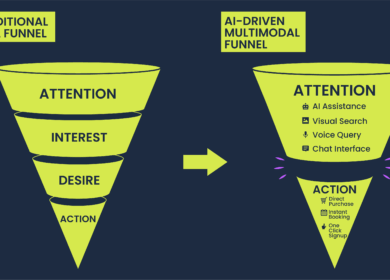By Naoko Kawahara
The Hoffman Agency, Japan
On March 11, 2011, Japan’s Tohoku area was hit by a massive earthquake and tsunami. By the end of March, my friend and I decided to launch a scholarship fund to support the youth who were affected by this disaster. The name of this organization is Okikobo, and I have served as vice president for two-and-a-half years.
I have conducted most of my tasks for this project in my spare time, but this activity has been quite an education for me as a PR professional. Here are the top three things I’ve learned:
1. Take your mission online.
After we launched the organization, our primary goal was to raise funds for scholarships. We rapidly developed our website in four different languages, including Japanese, English, Chinese and Spanish. After that, we started using social platforms like Twitter to get our message across.
The use of Twitter expanded our network of potential donors. For example, one of our followers introduced our organization to Mr. Nobuyuki Idei, the founder and CEO of Quantum Leaps Corporation and a former chairman and group chief executive officer of Sony Corporation. About a month after tweeting Mr. Idei, we had a meeting with him to explain our mission, and he readily agreed to support the scholarship fund.
For a small organization like ours, Mr. Idei’s support was encouraging and helped raise our credibility, bringing us to a wider network of donors. But the meeting would have never happened had we not taken our mission online.
2. Being “offline” is important too.
During the early stages, we usually communicated with our supporters online, but as relationships began to grow and develop, we knew we needed to nurture the relationships offline as well.
To get our mission off the ground, we visited devastated areas such as Miyagi, Iwate and Fukushima in order to meet with local government officials and teachers. These face-to-face meetings provided us with important information to revise our scholarship fundraising to suit local needs.
When recruiting applicants for the scholarship, we felt more strongly than ever the importance of offline activities. Since our potential applicants were living in devastated areas, their means of communication varied – many did not have easy access to the Internet. So at this phase, analogue channels – such as letters to each high school district and local coverage in newspapers – were crucial.
3. PR is an essential element for any organization.
Our organization comprises various types of professionals such as university professors, designers, international development consultants, photographers, lawyers and so on. In the early stages, I didn’t know how my skills would contribute to the team because I didn’t have any knowledge of the financial aspects of developing a fund. However, after getting immersed in Okikobo, I have realized that PR professionals can make a significant contribution to small and nascent organizations. This is because every activity conducted by an organization is related to communications.
Delivering messages to our supporters, communicating with potential applicants and enhancing communication with scholarship recipients all require a storyteller’s perspective. So if you are a communications professional and want to recharge your mind, I would highly recommend leading an organization or team.
If you are interested in finding out more about our scholarship fund, please visit www.okikobo.com (and in English here). We are currently supporting 17 scholars, and will be supporting these students for a few more years to come.


